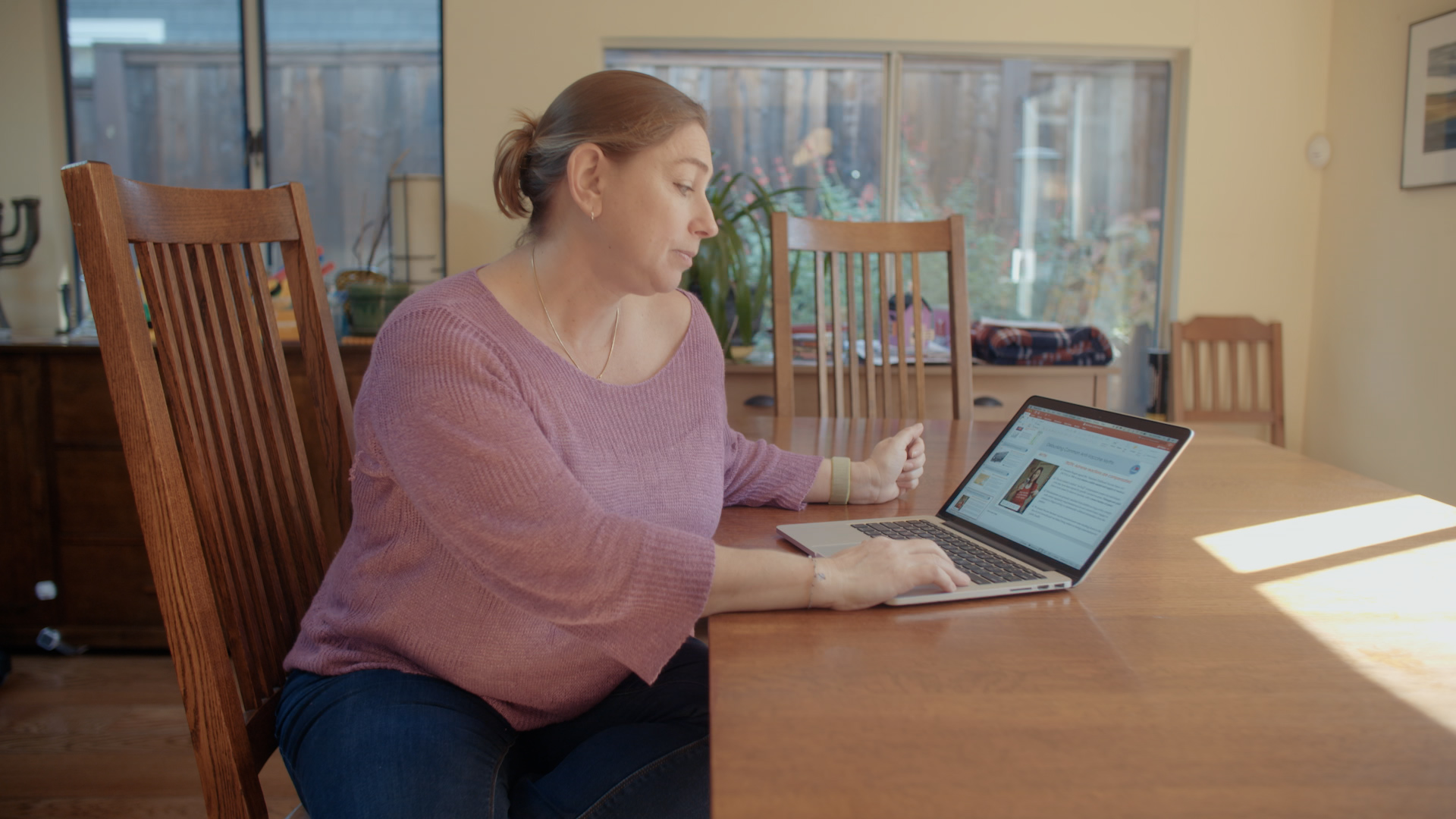These Parents Are Going to War With Anti-Vaxxers on Facebook

Credit to Author: Kathleen Caulderwood| Date: Wed, 27 Nov 2019 20:03:07 +0000
PALO ALTO, California — Anti-vaxx activists have used Facebook and other social platforms for years to spread misinformation about the so-called “dangers” of life-saving vaccines.
But a new brand of pro-vaccination parents aren’t taking this lying down. They’re heading to Facebook to do battle with these ideas at their source, refuting myths and sharing scientific facts in online “echo chambers.”
It’s not a fair fight. That’s because while most parents vaccinate their kids and move on, anti-vaxxers tend to be very vocal about their decision, and that plays out on Facebook.
“You don’t come home and post on social media, ‘My kid got his shots today and cried for four hours, woo hoo,’” said Leah Russin, 45. “But the people who don’t vaccinate, they’ll tell you.”
Russin’s son was just over a year old in 2015 when a measles outbreak happened at Disneyland and became a topic of conversation among other new moms in Palo Alto. But the issue became personal when she found out two of the new moms in the group weren’t vaccinating their children.
“Most of my mama bear instincts kicked in. You have to protect your kids,” said Russin, who went on to create Vaccinate California, an advocacy group supporting pro-vaccine legislation. A large portion of this work happens online. For example, when anti-vaccine users swarm Facebook posts from pharmacies offering flu shots, Russin mobilizes her pro-vaccine group to help take back the comments.
READ: We're losing the war against measles
With good reason.
In 2019, the World Health Organization named vaccine hesitancy as one of the top ten threats to global health, alongside Ebola, HIV and air pollution. In the U.S., measles outbreaks have been on the rise, with more than 1,200 cases recorded so far this year, mostly among people who weren’t vaccinated.
The issue has been playing out in legislation around the country, but a large part of the debate is happening on social media. More than 43 percent of Americans get their news on Facebook, and anti-vaccine content is widely spread there, despite efforts by the platform to redirect users to accurate information.
That is, unless parents like Craig Egan can stop it.
The 44-year-old from Tempe, Arizona, saw a friend post a meme back in 2012 criticizing the increase in vaccinations in the U.S. He clicked through to the original page that posted it, and he was shocked.
“It just boggled my mind that there were 25,000 people who didn’t vaccinate their kids on purpose. Little did I know that it was just the tip of the iceberg,” said Egan, a father of three who went on to make a name for himself in the pro-vaccine community after raising thousands of dollars to follow a bus promoting an anti-vaccine documentary around the country. At one point, he found himself spending eight hours a day online, posting and commenting in anti-vaccine groups, trying to change minds.
READ: Robert F. Kennedy Jr.'s group is a top buyer of anti-vaxx Facebook ads
Egan and others have sometimes had to deal with threats in real life because of the work they do. At one point, he even received a call from the FBI after a particularly nasty online argument with a prominent anti-vaxxer.
A 34-year-old Texas mom named Dianne asked us not to use her last name, since she associates with many people who don’t vaccinate, some of which are in her close friend circle. She first started going under cover into Facebook groups for vaccine-hesitant people mainly out of concern for herself and her three kids, but eventually started reporting things she saw there if they seemed to put children at risk.
“I was looking out for myself when I first started doing it, and trying to make sure that my kids weren’t at risk,” she said. “And it ended up being a very good position for me to be in to help others.”
Cover: Leah Russin demonstrates how she identifies and refutes common anti-vaccine myths and memes created in Facebook groups. (Photo: Kathleen Caulderwood/VICE News)
This article originally appeared on VICE US.